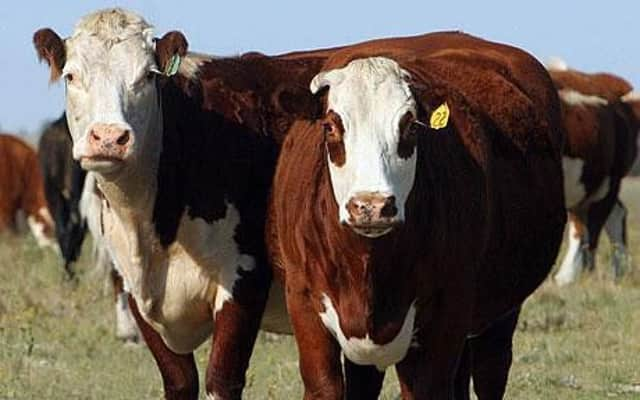Mercosur deal moves to reality


Now, if the European Commission has its way, not only will it be returning to the European market in some style, but with the advantage of a new tariff-free access quota. This is central to the Mercosur trade deal now moving into the final stages of negotiation with a number of South American countries, and those countries include the agricultural superpowers of Brazil, Argentina and Uruguay. All three are big players in the global beef industry, and all three are well placed to take advantage of better access to Europe.
The prospects of a Mercosur deal has been around for some time, but it is now moving from the theoretical to reality. Both sides in the negotiations are about to exchange offers. If rumours are right central to the EU offer is tariff-free access for 78,000 tonnes of beef, with reduced tariffs for other beef. There will also be better access for products like pork and poultry, and these countries have the advantage of cheap grain, cheap labour and lower environmental and social welfare standards than exist in Europe. This will be another example where the EU imposes standards on its own farmers, but not on third countries – a failure to apply what is known as equivalence to imports.
Advertisement
Hide AdAdvertisement
Hide AdThe dangers this poses for the European beef industry have long been recognised. But the Commission – as with all trade deals – is prepared to see losses for parts of European agriculture as a price worth paying for the price of better access to South American markets for the rest of the eurozone economy. It is pressing ahead with this deal, despite signs that the South Americans are giving less than expected in terms of access, and the fact that with the global economy faltering countries like Brazil are not the powerhouse economies they were when these negotiations began.
In the scale of things 78,000 tonnes of beef may not sound a lot. But like New Zealand, with its lamb quota, it is a safe bet the South Americans would maximise the export of high value cuts. There are question marks over parts of their beef industries, but they can produce high quality, grass fed beef from traditional British breeds to target the top end of the European market. That can only be at a cost to those already in that lucrative sector of the market. Apart from getting some high value food and drink products into South America, it is hard to see this deal as anything but a lose, lose for European agriculture.
Led by France and Ireland this week’s farm council saw growing support from member states for the Commission to recognise the need to protect ‘sensitive’ agricultural products. This was supported, with varying degrees of enthusiasm, by 20 out of 28 member states. A significant number, including the UK and Germany, adopted a neutral stance. Predictably support for the deal came from countries like Spain and Portugal that have long-standing trading relationships with South America. This is the sort of pressure needed to put a shot across the bows of a European Commission with a track record of being over-influenced in trade deals by industrial prospects that fail to materialise.
This potential deal needs to be delayed at least until the autumn. A report is due in September for the farm Commissioner, Phil Hogan, on the potential impact on agriculture of all the trade deals in the offing, including Mercosur and TTIP with the United States. Farmers and farm ministers need to be able to study this in detail before signing on any dotted line. It is a reasonable bet that this report will confirm the price agriculture will pay.
Advertisement
Hide AdAdvertisement
Hide AdThe Commission then would have two options. These are to back away from the deal or demand less access to Europe on a tariff-free basis for agricultural products. That seems unlikely, since the countries involved want to sell food to a European market of 500 million people. The alternative would be protection in the form of compensation to European beef producers. This has already been hinted at but would be far from satisfactory and would leave beef farmers open to accusations that they rely on taxpayer support. On top of that, any support would be short term and uncertain, while the problem of South American access to Europe is long term and very certain.